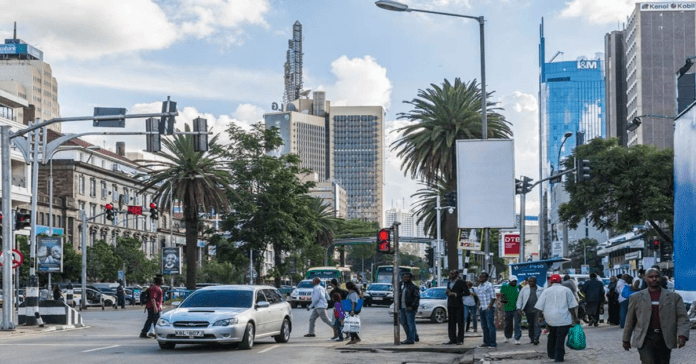A growing number of Kenyans are making tough financial adjustments as they navigate a difficult economic environment, a new survey by Old Mutual has revealed. Many households have resorted to cheaper housing, budget-friendly schools, and cost-cutting measures on daily expenses to cope with rising financial pressure.
Findings from the 2024 Old Mutual Financial Services Monitor indicate that 29 percent of respondents relocated to more affordable rental homes in the past year, while 35 percent shifted to lower-cost retail brands.
Additionally, 31 percent opted for less expensive mobile devices or internet plans, and 19 percent downgraded their TV or streaming subscriptions to save money.
The report further highlights that 22 percent of Kenyans have paused their investment contributions, while 19 percent postponed major expenses due to financial constraints.
“Kenyans are managing their expenses by opting for cheaper rental properties and purchasing more affordable brands. More parents have also moved their children to lower-cost schools compared to the previous year,” the report states.
The survey, which examined money management trends over the last six months, found that stricter budgeting has become common among many households. Respondents reported tracking expenses more closely, cutting down on luxury spending, eating at home rather than dining out, and limiting weekend entertainment.
With financial strain intensifying, many Kenyans have turned to loans to sustain themselves. The study shows that borrowing has mainly been driven by business needs, daily survival, and unexpected emergencies.
According to the survey, 40 percent of respondents took loans to purchase business stock or equipment, while 38 percent borrowed to cover daily expenses. Another 33 percent sought financial assistance for emergencies such as medical bills or education fees.
Among those who borrowed for emergency purposes, 42 percent cited school or university fees as the primary reason, while 41 percent pointed to medical expenses. Additionally, 29 percent needed loans for household maintenance or repairs, while 23 percent borrowed for specific purchases or services.
The findings also reveal that 11 percent of borrowers took loans to clear existing debts, six percent lent money to others, and four percent borrowed to fund special occasions.
As the economy fluctuates and the cost of living remains high, many Kenyans are turning to informal sources for financial support. The survey shows that 40 percent rely on loans from family and friends, while one in four borrows from chamas (savings groups). Others are dipping into their savings to make ends meet.
With businesses struggling and financial uncertainty persisting, more Kenyans are making difficult choices, adjusting their lifestyles, and exploring new ways to manage their money.
The survey was conducted between August 11 and August 18, 2023, using a structured approach that ensured a balanced representation of respondents based on factors such as age, income level, gender, and location. Data was collected through face-to-face recruitment, with participants independently completing the survey on a tablet while interviewers provided assistance where needed.
The findings were analyzed with a 95 percent confidence level to ensure statistical accuracy.







